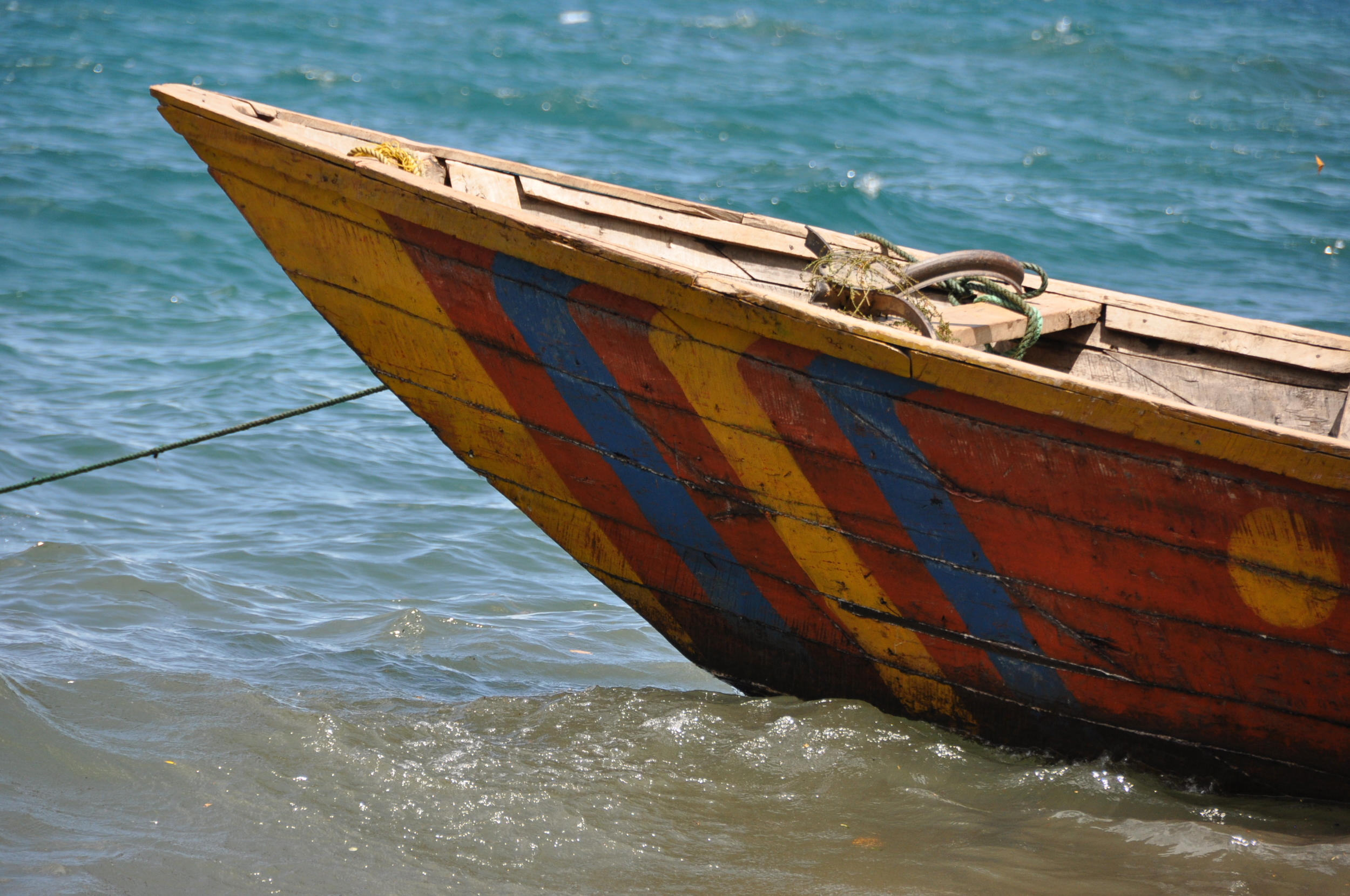Return to the Field, January 2018
It has long been my belief that sharing results and information with research participants is of the utmost importance. Working in a place like Tanzania, this is not always a simple task and it can easily be left undone. Through my joint degree with the University of Amsterdam (UvA), I received funds to print about 100 copies of my dissertation in bound book form. I decided, on the suggestion of one of the staff members at the UvA, to use a Tanzanian press, Mkuki na Nyota, for the layout and printing of the book. While I had most of the copies sent to Amsterdam in advance of my defense, held in April 2017, I requested that 25 copies remain in Tanzania with Mkuki na Nyota so that I could distribute them in-country to those who supported my research or might be interested in my findings.
Last week I was able to return to Sumbawanga for the first time since the completion of my dissertation. I took with me several copies of the dissertation to distribute and need to send along several more. Though there has been nearly complete staff turnover on the maternity ward, the remaining few nurses who were there on the ward in 2014 and 2015, were happy to see the resulting book. One copy stayed behind on the ward for the nurses and any other passers-through. The hospital now is hosting medical students from a medical training college in a neighboring region and several of them were also interested in copies. As I watched one of the nurses carefully reading through one of the pages, she looked up, laughed, and told me to stop looking at her. I laughed and responded, "But when you're reading, it's like you're looking at me!" I felt exposed on the page in front of her. Dismayed at not recognizing any of the names in the book, she also asked me where she was. I told her her name was changed so that no one would come after her for the things she had told me. She nodded but said she would have been happy to see her name there. Balancing recognition and anonymity and protection is a hefty task.
Throughout the writing of my dissertation and, now, articles about that work, I strive to leave the reader with a balanced impression of the hospital and its staff members--critical but compassionate. Watching those who gave so generously of their time, by participating in my research and allowing me to work alongside them, read what I wrote about them and their work environment made me feel supremely vulnerable. But, one of the doctors reassured me and, with an ironic laugh, said, "OK, it might be critical but, it's the truth!" Hopefully, in the end, there are some insights that resonate and a picture that reflects not just a particular moment in the hospital's past, but some of the possibilities for its future.
Due new appointments in the wake of Tanzania's 2015 presidential election and retirements, much of the Rukwa region's administration has also changed. I introduced myself to some of these new people including the Regional Commissioner, the Regional Administrative Secretary, and the Regional Medical Officer, presenting them all with copies of the dissertation. My hope is that the books don't just go to sit in a filing cabinet somewhere but might help the region's new leaders learn something about the region's past (even if the way past of the colonial era reflected in the archival record) or that they gain some tidbits that might be useful to them. Most of all, this was an effort to demonstrate my gratitude and recognition of the support and help the region has given me. Not to be overly sentimental but, they have, in effect, given me my degree and my profession, which is no small thing.


